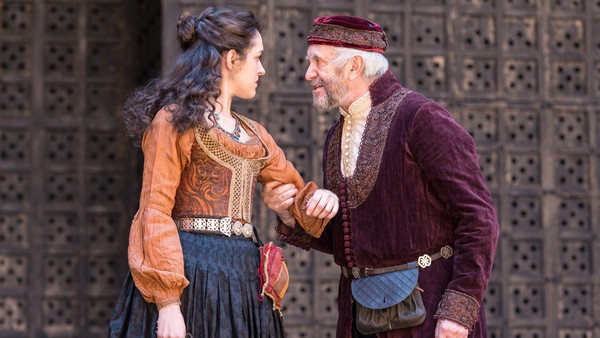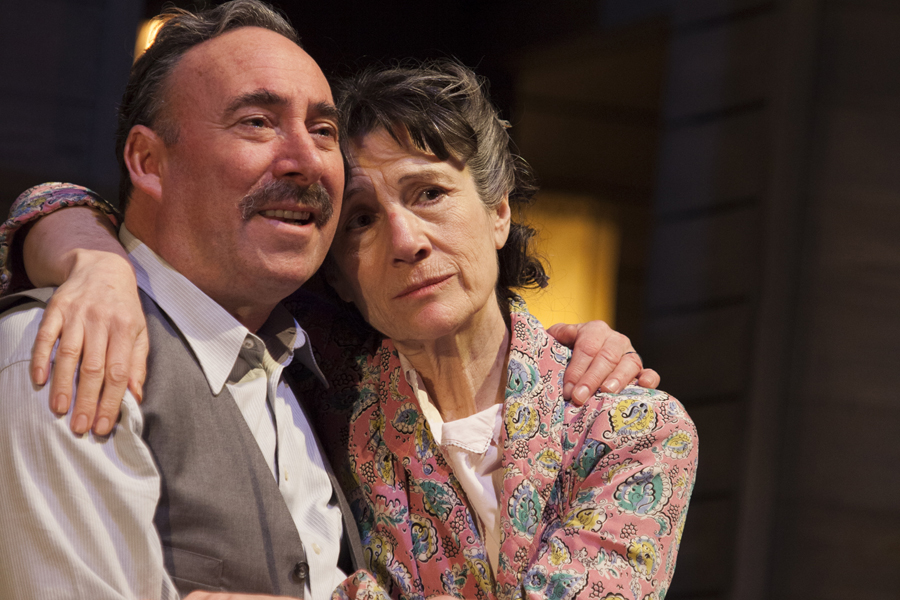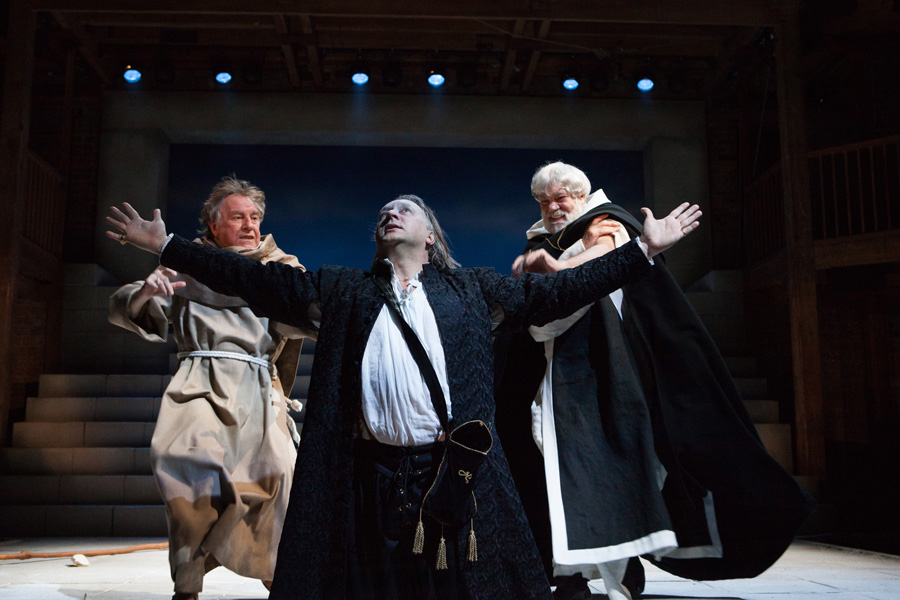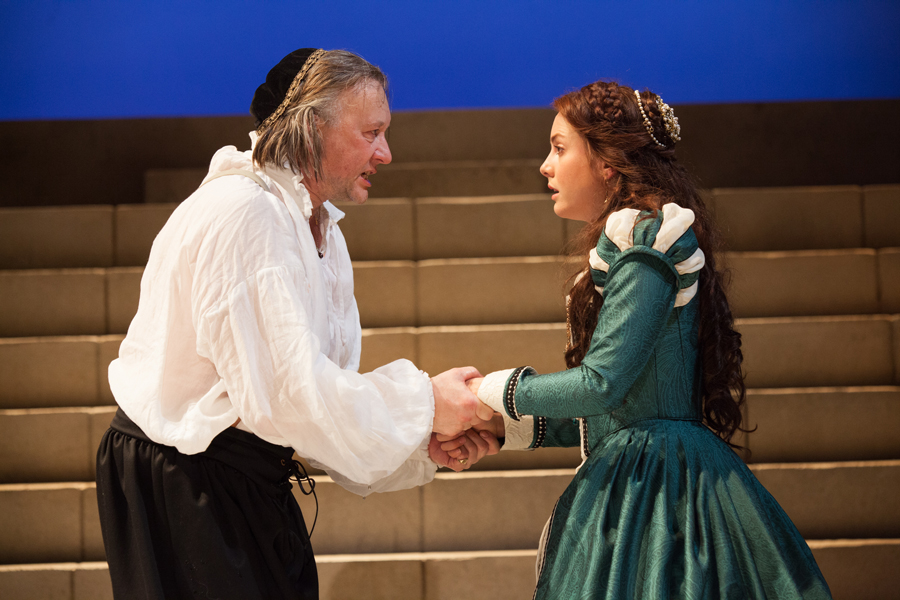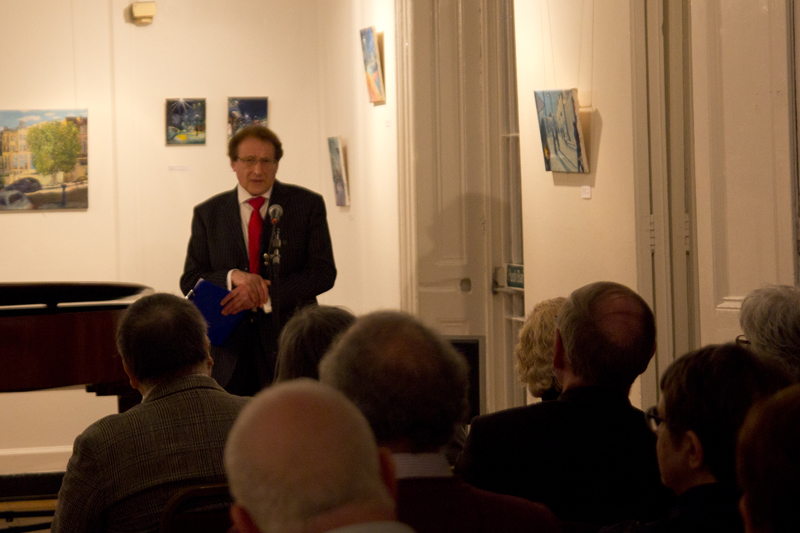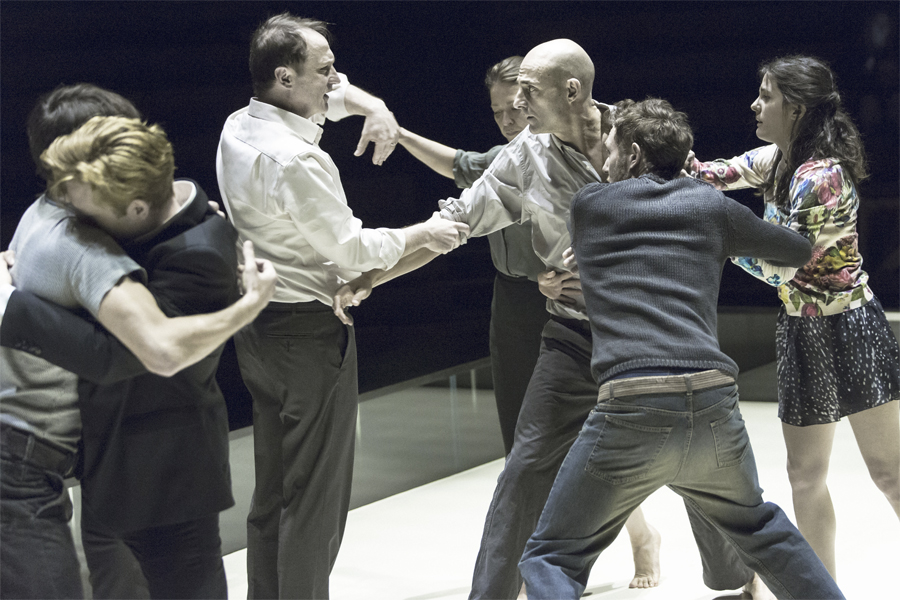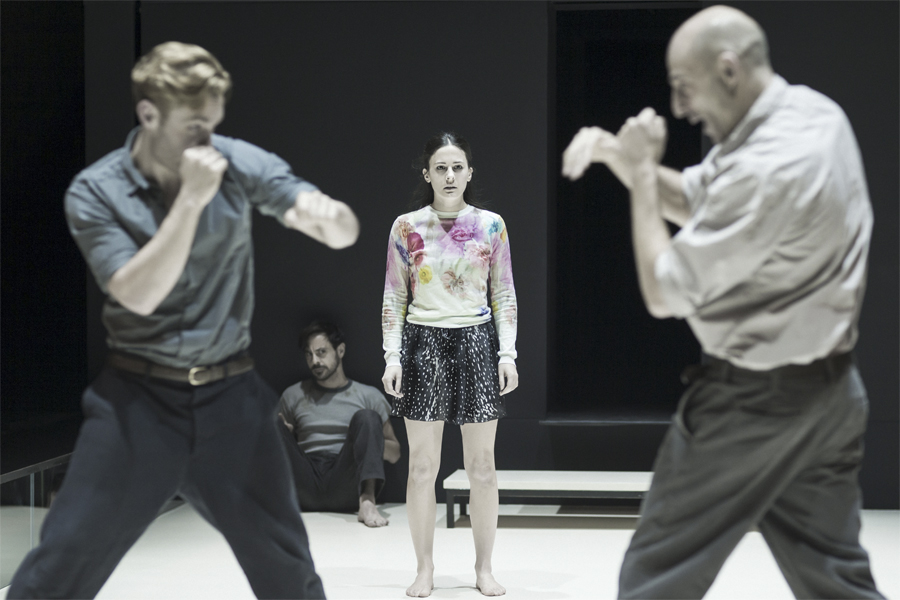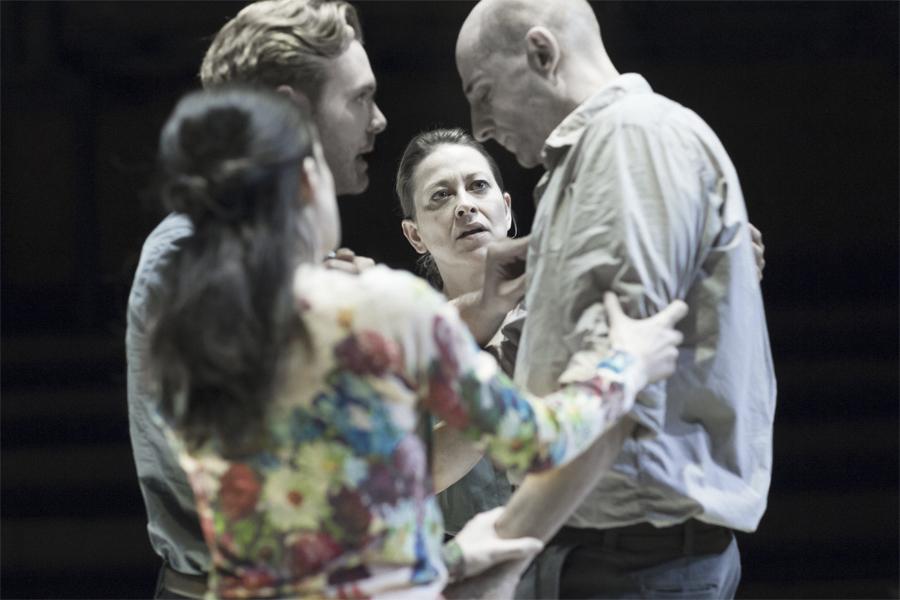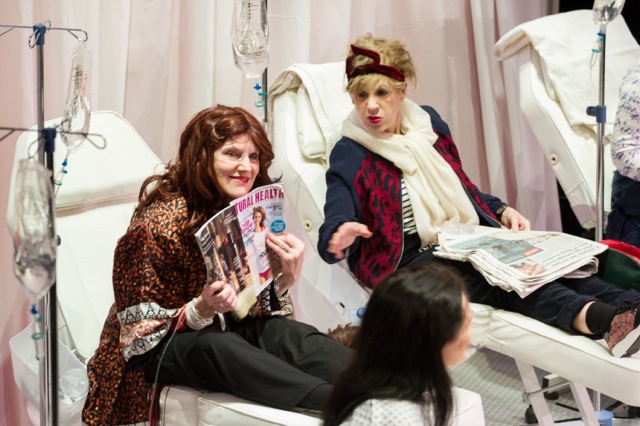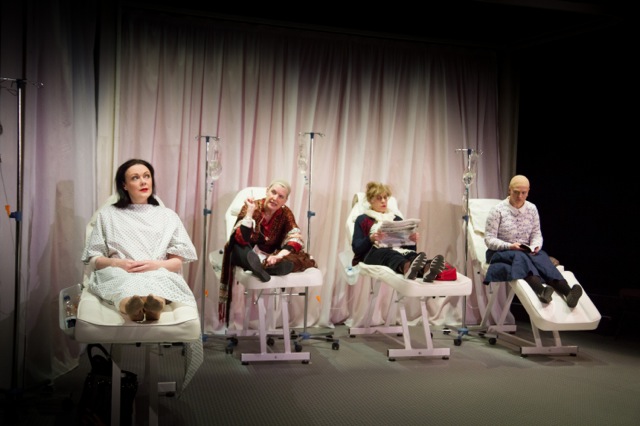 © Scott Rylander
© Scott Rylander
The January issue of Jewish Renaissance highlighted the life and work of Czech writer Franz Werfel, who played a significant part in bringing the Armenian genocide to the notice of both Europe and America after he came across survivors living in desperate conditions in Damascus in the late 1920s. He also wrote a devastating novel, based on a defiant stand by Armenian survivors, The Forty Days of Musah Dagh. Nonetheless, a century later, the terrible massacres that began in 1915 are still not universally recognized as genocide, to stand alongside the Holocaust and the Rwandan genocide in the record of atrocities inflicted by humankind on their fellows.
If you walk through the Armenian Quarter in Jerusalem’s Old City, you will find, as I did, the memorial to the Armenian genocide. If you read celebrity pages in newspapers, it’s hard to avoid the Kardashians, currently probably the most famous bearers of one of those distinctive Armenian surnames. They came together last week as the Jerusalem memorial became the focus of protests demanding the recognition of the Armenian genocide, 100 years after it began; and Kim, the most renowned Kardashian, visited the memorial in Yerevan, Armenia’s capital, to pay her respects and play her part in raising world awareness of the genocide that inspired Hitler. And Kardashian and Hitler come together in Neil McPherson’s documentary drama which also plays its part in demanding recognition for the annihilation of 1.5 million men, women and children.
How do you tell the story of a genocide when the basic facts are unknown to most? How best to convey the attempt by the Ottoman Government to systematically exterminate all its Armenian subjects? Holocaust plays often work by letting the story of the one or the few stand for the story of the many, so that the wider picture emerges from the narrative. But, when no one knows the narrative and there is an ongoing story to tell, how can you convey the scale, the politics, the disputed facts and the personal stories?
Neil McPherson employs documentary drama, and to shocking effect, charting the history of wholesale killings, massacres, forced labour and death marches to the Syrian desert. Eye-witness testimonies give chilling evidence of what happened in 1915 and the cast take on the challenge of playing many roles. The convention of delivering verbatim texts proves extraordinarily powerful and just occasionally constraining.
Cleverly, MacPherson frames the events with an illustrated lecture, complete with slides, narrated with lucid authority by Jilly Bond who guides and links up the scenes. She first grabs attention with portraits of well-known personalities of Armenian heritage (Kim K for one) and Hitler’s chilling quote, “Who after all speaks today of the annihilation of the Armenians?” Bond points up other parallels with the Jews of Europe and their fate. The Armenian community was a Christian minority in a Muslim society. Many earned their living as bankers. They became “second-class citizens”.
Director Tommo Fowler steers his dedicated cast through a chilling 90 minutes on Phil Lindley’s appropriately minimalist set. Rob Mills brooding lighting and Max Pappenheim’s intricate soundscape add to the atmosphere of menace, after a brief moment of sunshine, light and laughter as the Armenian community celebrates Easter 1915 with song and dance.
Bruce Yadoo and Tom Mansfeld turn in strong performances playing the older men, from victims to perpetrators - and outside observers. One of these observers is Henry Morgenthau, the US’s Jewish ambassador to the Ottoman Empire, who, like Werfel, saw all too clearly the fate of the Armenians. His writings are just one the many sources for McPherson’s thorough research.
Delivering child testimonies, Tamar Karabetyan, Siu-See Hung (pictured above) and Bevan Celestine movingly convey the child-like direct observation that represents so much sorrow. It’s all the more moving because the three also represent different cultural backgrounds, a reminder, along with programme notes on the eight stages of genocide (from a briefing paper at the US State Dept), of how the celebration of cultural diversity and the dehumanization of the other might be different sides of the same coin.
The wrap-up between surviving grandmother (Kate Binchey) and unschooled granddaughter alone would have provided a fine ending but the story does not finish there.
Poignantly, press night was Friday 24 April, the date the Turkish government placed under arrest over 200 Armenian community leaders in Constantinople, which is therefore regarded as the date of the start of the genocide. Today, most of the world’s governments, including Turkey, the USA, the UK and, surprisingly, Israel, still refuse to use the “g-word", preferring euphemistic terms like “tragedy” in the game of geo-political friendships.
While there’s all too much information to communicate in limited time, McPherson and the Finborough, where he is artistic director, must be congratulated on playing their part in demanding long overdue recognition for the terrible fate of those 1.5 million Armenians as genocide.
By Judi Herman
I Wish to Die Singing – Voices from the Armenian Genocide runs until Saturday 16 May. 7.30pm & 3pm. £18, £16 concs. Finborough Theatre, 118 Finborough Rd, SW10 9ED; 084 4847 1652. www.finboroughtheatre.co.uk



